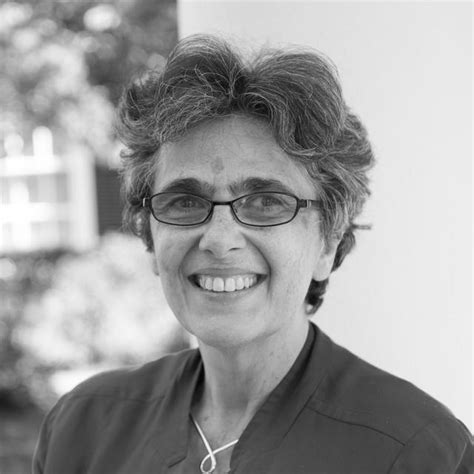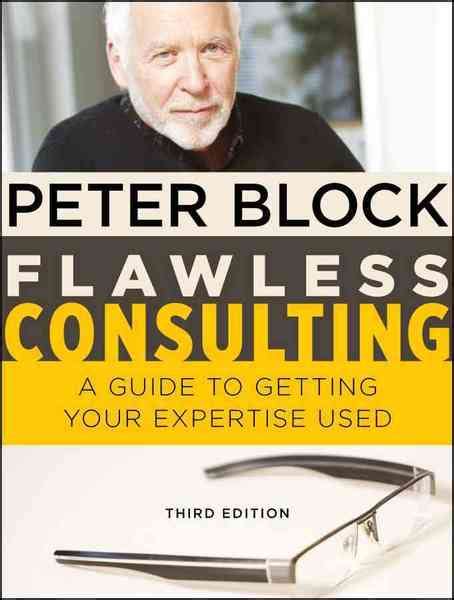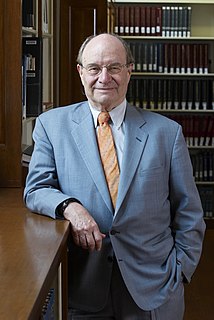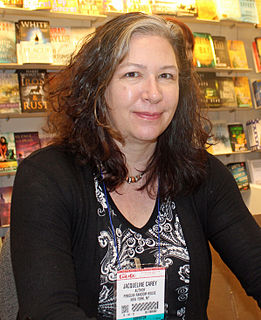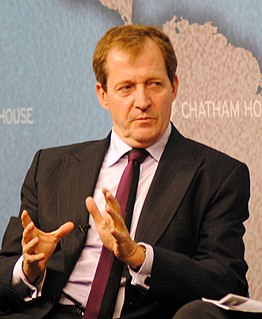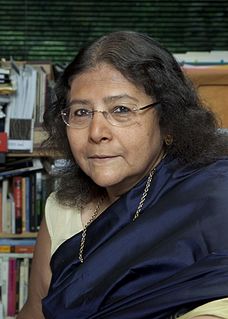A Quote by Gregg Braden
Perhaps one of the most powerful keys to determining our experience of the months ahead comes from a shift in thinking that invites us beyond asking, 'What can I get from the world that exists,' to asking, 'What can I offer to the world that is awakening?' The way we answer this question as individuals becomes our collective answer to what comes next.
Related Quotes
The best things in life can never be kept;
They must be given away.
A Smile, a Kiss, and Love
If you are asking if I'd hurt you, the answer is never.
If you are asking if i love u,the answer is forever.
If you are asking if i want u,the answer is i do.
If you are asking what i value most, the answer is YOU
Grow old along with me, the best is yet to be.
If you ask a living teacher a question, he will probably answer you. If you are puzzled by what he says, you can save yourself the trouble of thinking by asking him what he means. If, however, you ask a book a question, you must answer it yourself. In this respect a book is like nature or the world. When you question it, it answers you only to the extent that you do the work of thinking an analysis yourself.
We can each sit and wait to die, from the very day of our births. Those of us who do not do so, choose to ask - and to answer - the two questions that define every conscious creature: What do I want? and What will I do to get it? Which are, finally, only one question: What is my will? Caine teaches us that the answer is always found within our own experience; our lives provide the structure of the question, and a properly phrased question contains its own answer.
It's the most annoying question and they just can't help asking you. You'll be asked it at family gatherings, weddings, and on first dates. And you'll ask yourself far too often. It's the question that has no good answer. It's the question that when people stop asking it, you'll feel even worse. - WHY ARE YOU SINGLE?
Is there an answer to the question of why bad things happen to good people?...The response would be…to forgive the world for not being perfect, to forgive God for not making a better world, to reach out to the people around us, and to go on living despite it all…no longer asking why something happened, but asking how we will respond, what we intend to do now that it has happened.
Prayer is not a way to get what we want to happen, like the remote control that comes with the television set. I think that prayer may be less about asking for the things we are attached to than it is about relinquishing our attachments in some way. It can take us beyond fear, which is an attachment, and beyond hope, which is another form of attachment. It can help us remember the nature of the world and the nature of life, not on an intellectual level but in a deep and experiential way. When we pray, we don't change the world, we change ourselves. We change our consciousness.
The most profound question is, "What would I risk dying for?" The natural answer is "for my family." But for most of history, we didn't live in families. We lived in small communities that gave us our sense of safety and place in the world, so the natural answer would be "for my people." The blessing and the tragedy of modern life is that we don't need our community to survive anymore. When we lose that idea, we lose a sense of who we are.
We need a more widely shared burden on the part of society to keep asking, "What are our collective values, what kind of world do we want to bequeath to our children, and to what extent are these particular technological developments helping us go in those directions? I think that corporations, every bit as much as governments, social movements, and universities - we all have a role to play in asking those questions. I don't think anybody should have a monopoly on that responsibility.


